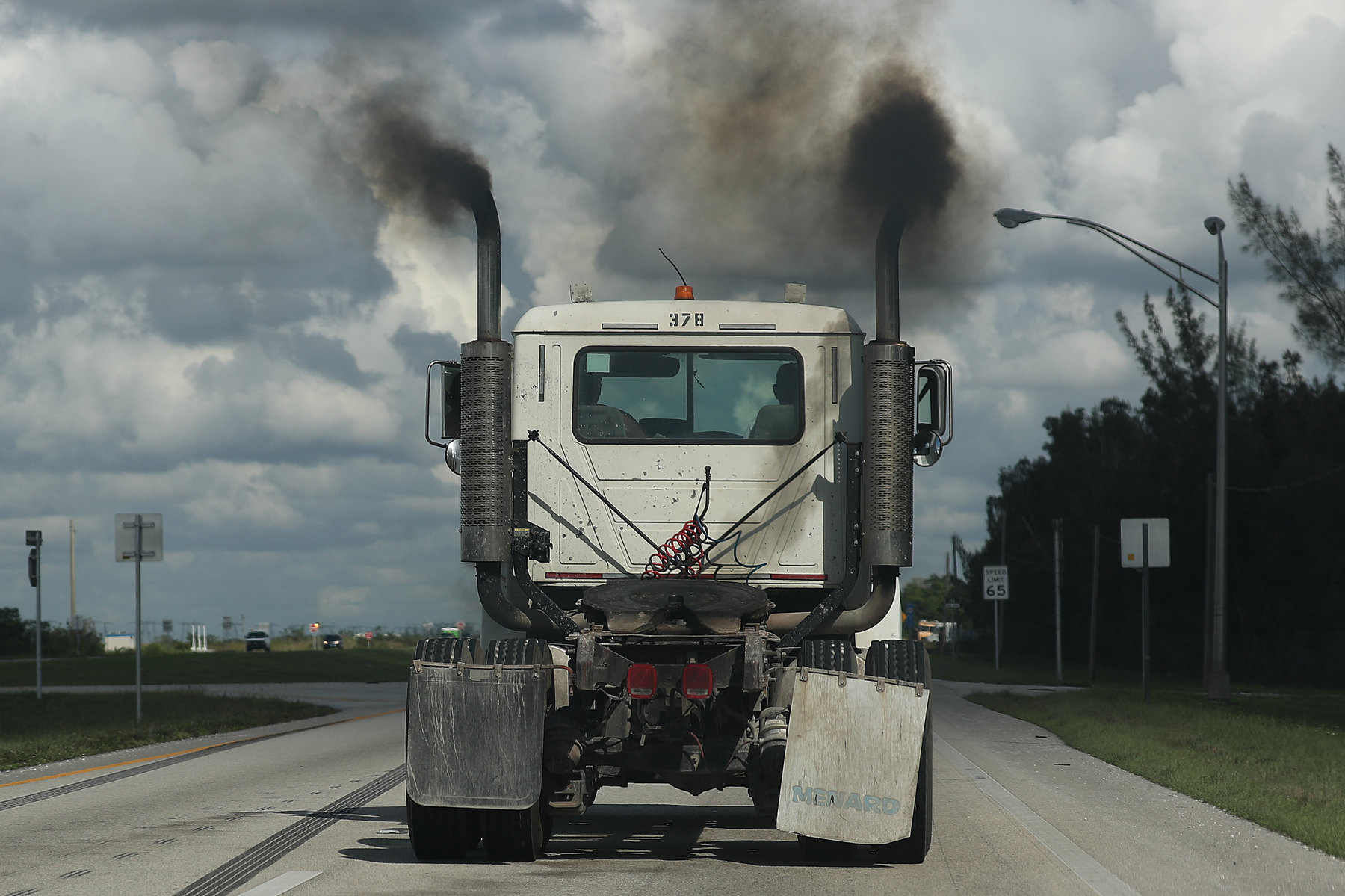What to check when you're at the pump
As any driver knows, long hours can create a truckload of task's to take care of once you hit that Love's truck stop. The need to refuel and get back on the road is accompanied by a long list of personal and load related tasks to accomplish at your stop prior to hitting the blacktop again.
Before refueling, any operator should observe their tanks fuel for contamination. Looking for discolored fuel can be a tell tail sign of the condition of your rig. A blackening of the fuel may indicate engine oil present. Fuel that is contaminated with engine oil or debris can damage the engine and DPF (diesel particulate filter). Although, drivers should be aware that oil contamination is rare in newer vehicles with common rail fuel systems. When you're away from the pump and at the service bay, your diesel trucks fuel system should be checked for contamination. Prior to refueling, a diesel tech should check the fuel filter and fuel injectors. The fuel filter should be replaced at prescribed intervals, and fuel injectors should be inspected and replaced at intervals required by the manufacturer.

Now that your stop is finished and you're ready to move from the pump, any driver should quickly observe their exhaust upon starting their engine. Drivers should observe tailpipe exhaust while engine is running for color of smoke. Black smoke indicates engine and DPF issues that must be addressed immediately. Ignoring this can damage the DPF and emission control equipment. When servicing, a diesel tech should perform a smoke emissions test to analyze the exhaust fumes and identify a problem beforehand. Diesel techs are trying to diagnose any related engine, turbo, EGR or combustion issues during these tests. Always check the DPF for damage. If it smokes, it’s broke. Poor combustion can lead to DPF damage, de-rate the engine, and void the warranty.
This information was provided in conjunction with the California Council on Diesel Education and Technology (CCDET), a non-profit cooperative group of California Community Colleges, the diesel industry, and government agencies, supporting training and educational programs for diesel mechanics.

